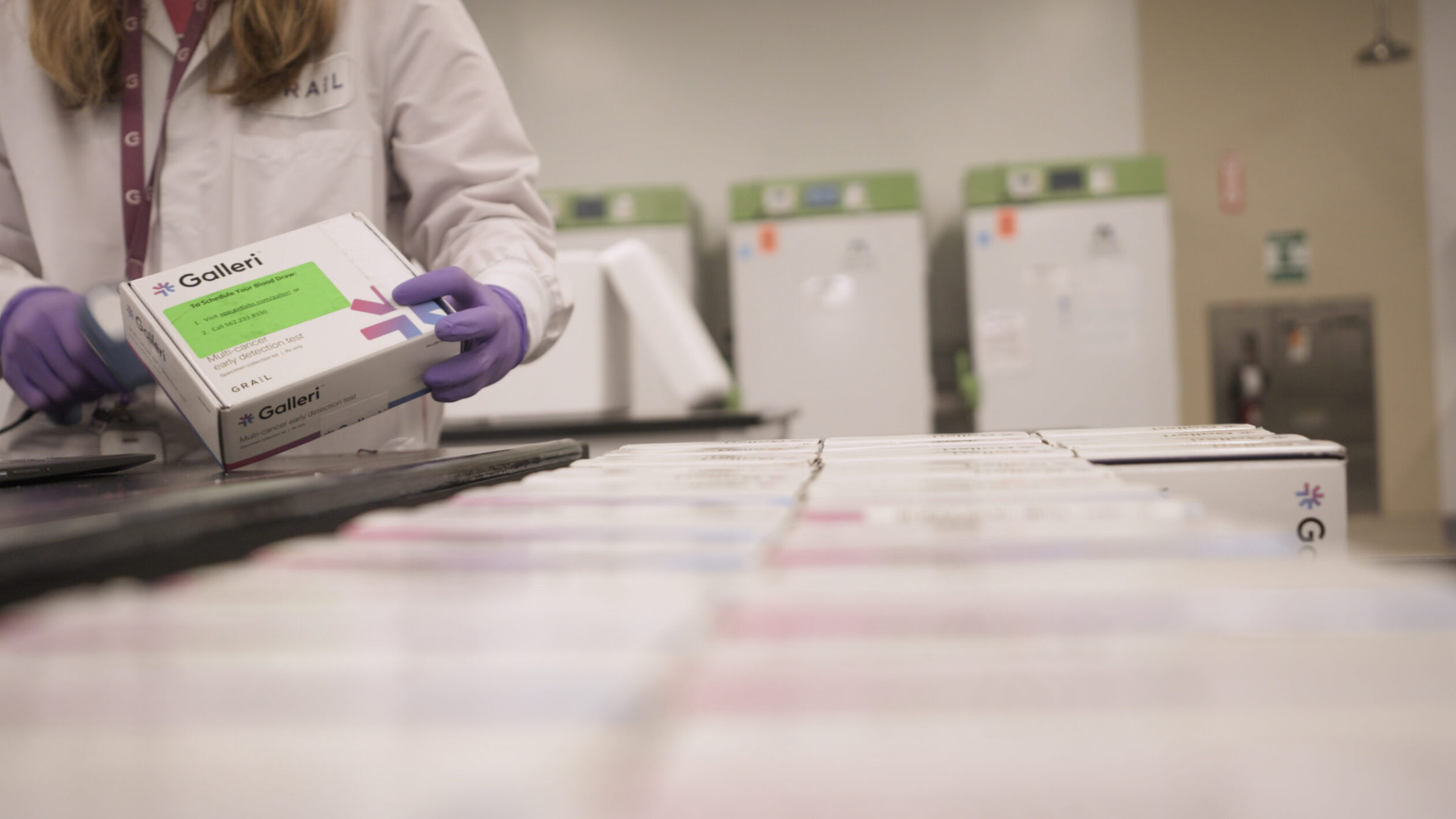Grail’s innovative blood test has shown significant improvement in accurately identifying true cancer cases, according to findings presented at the ESMO25 conference in October 2023. This development could bolster the company’s ongoing efforts as it approaches a submission to the U.S. Food and Drug Administration (FDA) for regulatory approval.
The study revealed that Grail’s test is now better equipped to distinguish between false positives and genuine cancer indicators. This advancement is critical, as effective cancer screening tools must minimize unnecessary anxiety and invasive follow-up procedures for patients. The results suggest that the test not only enhances detection rates but also improves patient outcomes by facilitating earlier diagnosis.
As the FDA filing date nears, Grail’s enhanced capabilities may provide a competitive edge in a rapidly evolving market. The company aims to position itself as a leader in early cancer detection through its multi-cancer early detection (MCED) test, which analyzes various biomarkers in the blood.
Study Results and Implications
The findings presented at ESMO25 highlighted the test’s performance across multiple cancer types, demonstrating an ability to accurately identify malignancies that might otherwise go undetected. By focusing on the specificity of positive results, Grail aims to reassure healthcare providers and patients alike about the reliability of their screening methods.
The implications of these advancements extend beyond the lab. With cancer rates continuing to rise globally, the introduction of more precise diagnostic tools could transform how healthcare systems manage and treat cancer. The potential for earlier detection not only improves survival rates but also reduces the economic burden associated with late-stage cancer treatments.
Additionally, Grail’s commitment to transparency and ongoing research is evident as they prepare for discussions with the FDA. The company’s data will likely play a pivotal role in shaping future guidelines for cancer screening, making it essential for both regulatory approval and market acceptance.
Future Prospects for Cancer Detection
Looking ahead, Grail’s blood test could set a new standard in cancer screening, particularly as healthcare providers and patients increasingly seek non-invasive testing options. The combination of improved specificity and accessibility might encourage more individuals to participate in routine screenings, ultimately leading to earlier interventions.
While the FDA’s decision is still pending, the promising study results have generated optimism within the medical community. Stakeholders are keenly watching Grail’s progress, which could influence the broader landscape of cancer diagnostics.
In conclusion, as Grail approaches this crucial milestone, the advancements in their blood test signify a hopeful step toward better cancer detection and patient care. With the potential to save lives, this development underscores the importance of continued innovation in medical technology.
